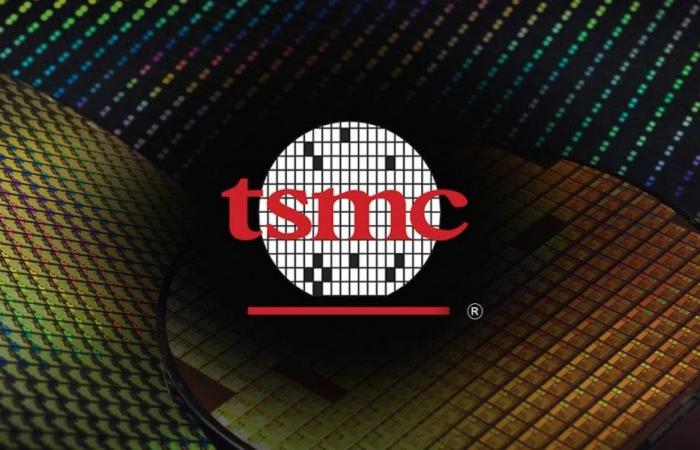The Taiwanese government recently imposed a ban on TSMC on the manufacturing of microchips. 2 nm abroad. This decision stems from a desire to protect technologies exclusives of the country and to guarantee its leading position in the semiconductor industry.
Tensions in American and Taiwanese Relations
Relations between Taiwan and the United States appear to be deteriorating, particularly after statements by former President Donald Trump, who accused Taiwan of pumping semiconductor technology from the United States. Taiwan's Minister of Economic Affairs has expressed concerns about the transfer of technology to the US territory.
Due to regulations in place, TSMC cannot produce chips 2 nm abroad. Although the company plans to do so in the future, its core technology will remain in Taiwan.
– via TaipeiTimes
During the Biden administration, TSMC leveraged the “CHIPS Act,” a global initiative to boost the semiconductor industry. This legislation led to the opening of a new facility in Arizona, where TSMC plans to manufacture chips with 4nm et 5nm in its beginnings.
With the election of Donald Trump, the United States may reconsider its approach to assisting foreign companies to establish facilities on its soil. Trump suggested that Taiwan should “pay” to facilitate domestic production. These potential changes will impact the incentives provided by the “CHIPS Act,” which could influence future decisions.
The Future of TSMC and Business Relations
In the long term, the relationship between TSMC and the United States appears productive, given both parties' commitment to increasing semiconductor production. However, to maintain its status as a world leader, Taiwan must ensure the protection of its core technologies.
To read: AMD Ryzen 7 9800X3D: out of stock at major retailers due to high demand
It is essential, in this context, that TSMC preserves its advanced technological nodes. By keeping its innovation engines in Taiwan, the country ensures its dominance in the sector, despite the growing ambitions of other nations.



















